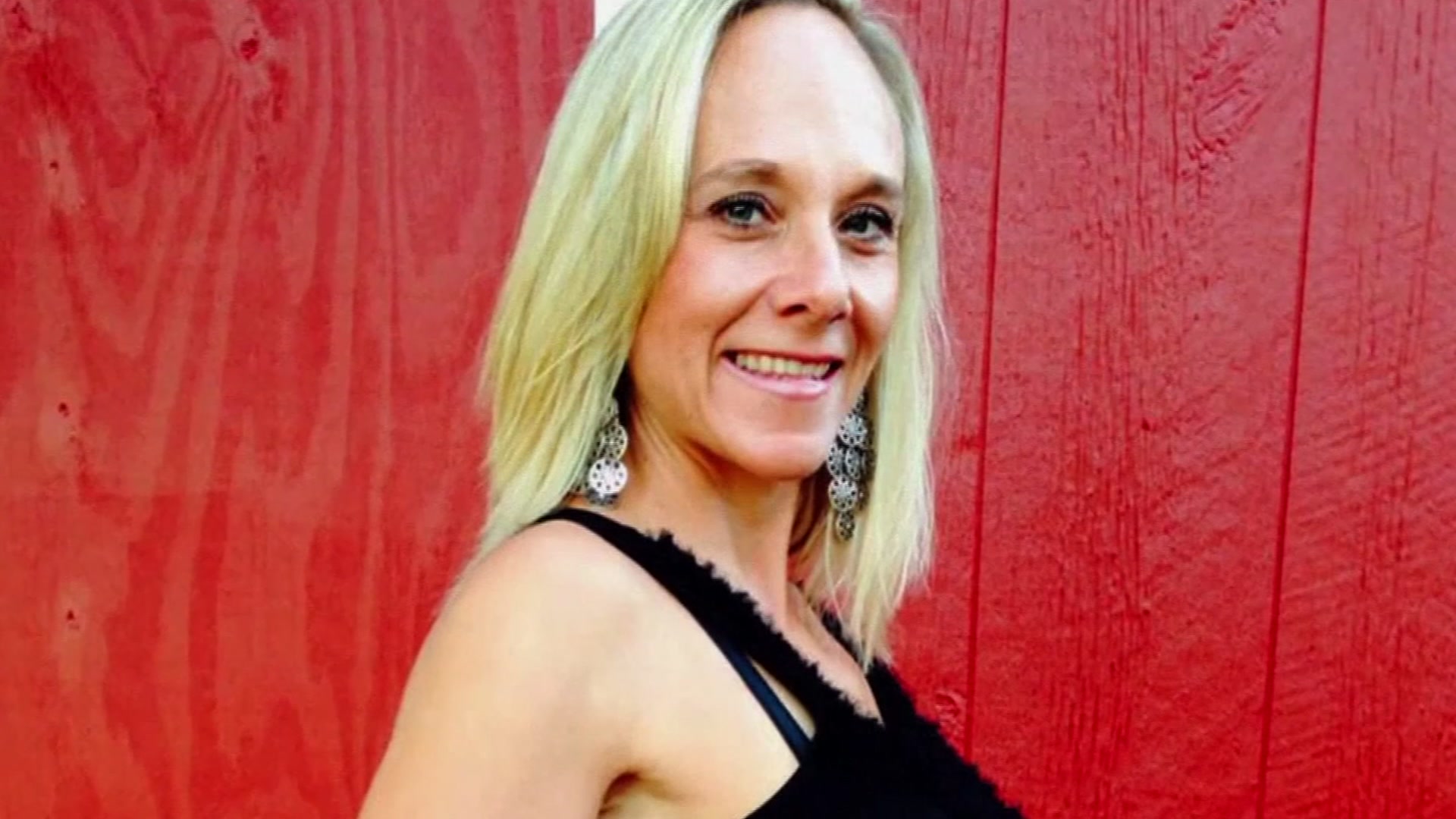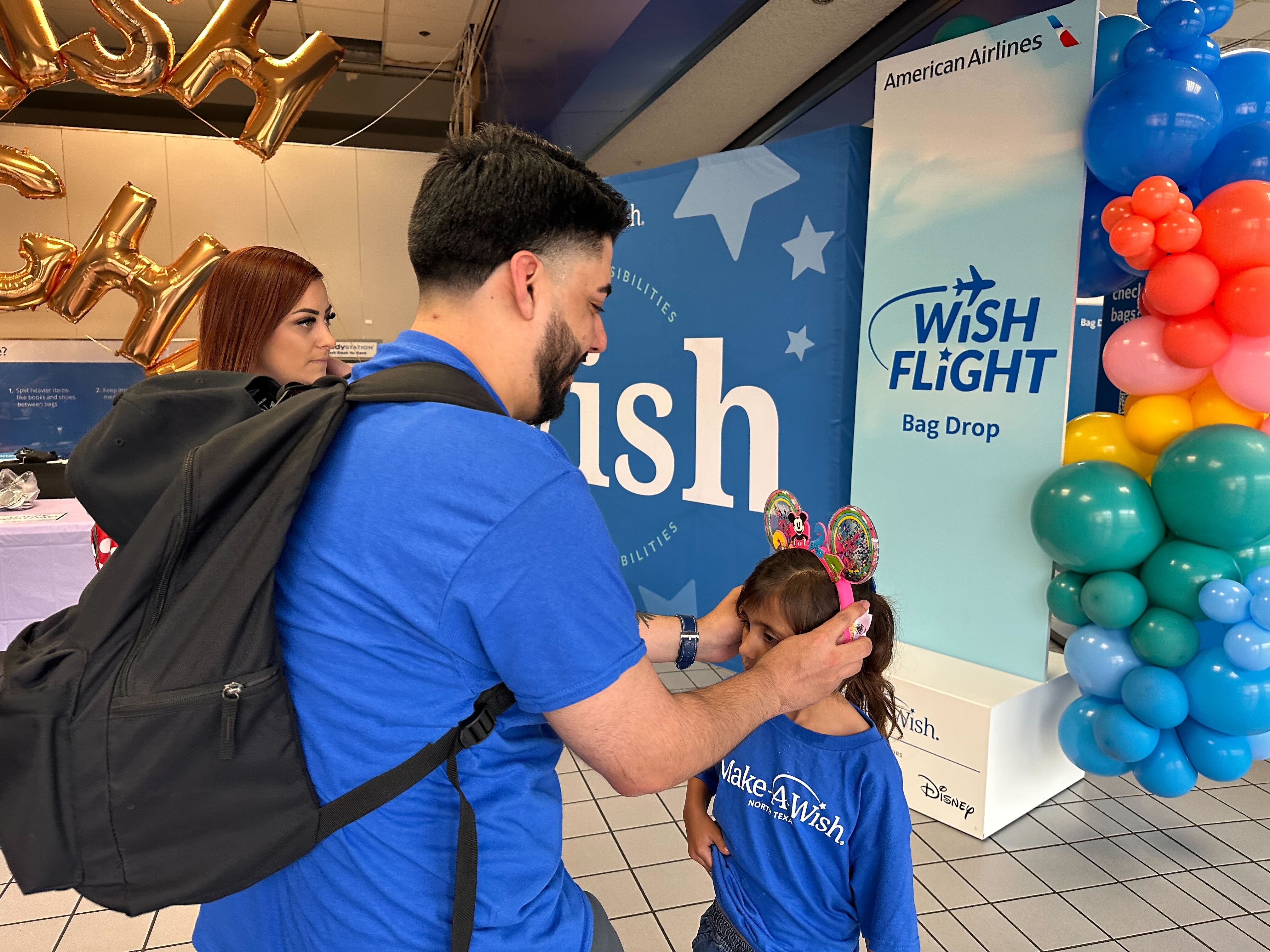The state won a $158 million settlement last month from a pharmaceutical company that the Texas attorney general said promoted an antipsychotic drug for uses not yet approved by federal regulators.
Attorney General Greg Abbott said Johnson & Johnson marketed Risperdal as the drug of choice for children and the elderly for schizophrenia and dementia even though the Food and Drug Administration had not approved its use in children or the elderly.
Yet while the state was suing J&J, the Texas Youth Commission, one of the state's largest purchasers of pharmaceuticals, prescribed it nearly 3,000 times to youth in the Texas prison system, according to financial documents uncovered by NBC 5.
The state's lawsuit, which was filed in 2006, said the state excessively paid pharmacies that dispensed prescriptions for Medicaid patients for a range of unapproved uses.
"Johnson & Johnson's scheme to profit from the Medicaid program by overstating the safety and effectiveness of an expensive drug and improperly influencing officials ended up costing taxpayers millions of dollars," Abbott said in a statement after the settlement was reached.
"As part of the agreed settlement with the state of Texas, we do not admit liability or fault," said Teresa Mueller, a spokeswoman for J&J subsidiary Janssen Pharmaceuticals Inc.
In response to the attorney general's accusations that J&J schemed to profit from Medicaid, the company said it "is committed to ethical business practices and has policies in place to ensure its products are only promoted for their FDA-approved indications."
Local
The latest news from around North Texas.
In 2007, a year after the lawsuit was filed, the FDA approved the drug for use in children and the elderly, but the state of Texas said it felt the financial damage had already been done.
The University of Texas Medical Branch, which is in charge of all medical care within the state's prison systems, spent $247,666.87 buying Risperdal between 2006 and 2007.
TYC spokesman Jim Hurley said Risperdal was never really deemed unsafe for use but just did not have FDA approval.
"Many drugs are often used in this manner," he said. "In fact, the FDA has some interesting figures about atypical drug use among patients 13-17 [years of age] nationwide. Apparently there was a 25 percent increase in these antipsychotics, and most were not [FDA] approved."
After speaking with the youth commission's medical director, Hurley said: "It's common that a number of medicines have value outside of their packaging."
Hurley cited data from the FDA's Center for Drug Evaluation and Research that said 26 percent of the Risperdal dispensed between 2004 and 2008 was for pediatric patients nationwide. He said the practice is commonly accepted within the medical community.
TYC deferred further comment to the University of Texas Medical Branch.
UTMB spokesman Raul Reyes said it would not comment on the issue.
"We'll let the lawsuit and the data speak for itself," he said by telephone.
Tom Kelley, spokesman for the Texas Attorney General's Office, released the following statement:
"Our Civil Medicaid Fraud office was not investigating whether any residents in these facilities were Medicaid-eligible, nor were we ever alleging that Risperdal was a 'bad' drug (doctors may prescribe it at their discretion). Our lawsuit focused on the fact that J&J had been overwhelmingly overselling this expensive drug as superior to conventional drugs, when it was not, and downplaying its side effects.
And in addition, the Texas criminal justice system's pharmacy expenditures are not paid for by Medicaid. UTMB provides the medical care for TDCJ, so perhaps you are focused on the criminal justice system. Those are not Medicaid dollars.
The whole point of this is that pharmaceutical manufacturers may NOT urge physicians to prescribe their products (that's called "off-label marketing" and it's unlawful). Physicians, however, may prescribe such medications as they think is warranted in an individual case. Our lawsuit was, in part, to make them cease all the off-label marketing they'd been doing, among other things."



